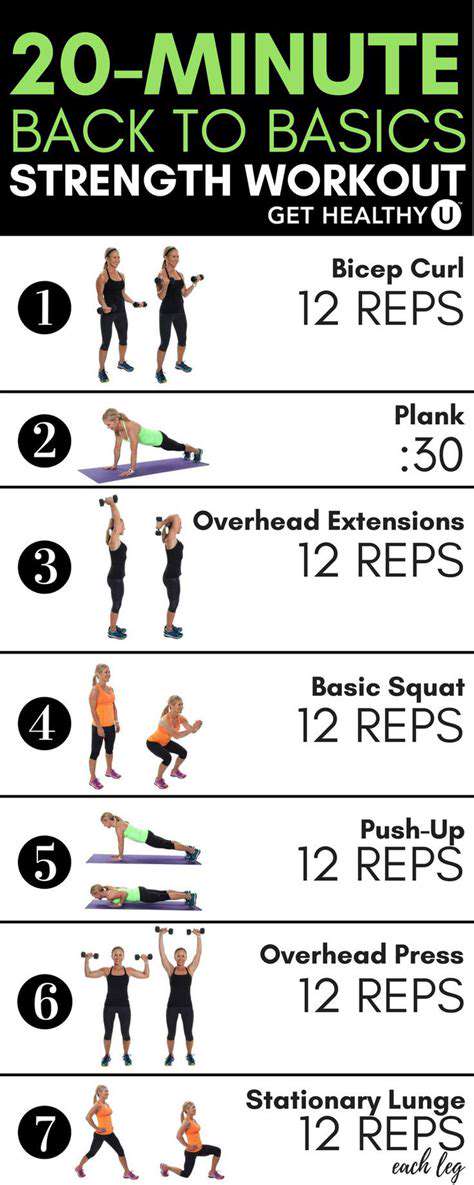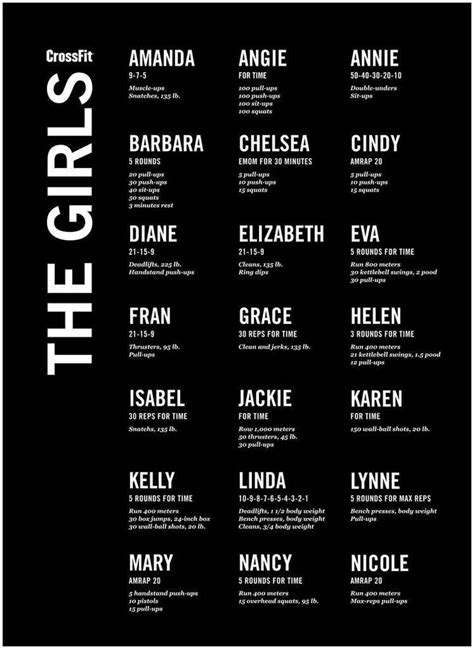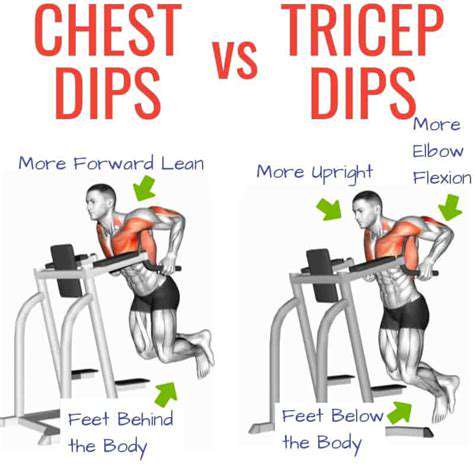Guide to Practicing Radical Acceptance
Putting Radical Acceptance into Practice
Implementing this approach begins with developing emotional literacy - the ability to name and sit with discomfort without immediate reaction. Like a scientist observing phenomena, we learn to witness our inner experiences with curious detachment. This observational stance creates crucial psychological space between stimulus and response.
Self-compassion forms the bedrock of sustainable practice. Imagine speaking to yourself with the gentle honesty you'd offer a struggling friend: This hurts, and that's human. Such compassionate acknowledgment paradoxically makes difficult emotions more manageable, preventing them from metastasizing into prolonged distress.
The practice also involves reframing our mental narratives. Instead of This shouldn't be happening, we might ask, Given that this is happening, how can I respond constructively? This subtle linguistic shift carries profound psychological implications, redirecting energy from complaint to solution-finding.
Finally, we cultivate what spiritual traditions call holy indifference - not apathy, but freedom from attachment to specific outcomes. This surrender isn't defeat but strategic wisdom, recognizing that some factors remain beyond our control while our responses always remain within our domain.
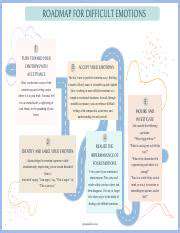
Building a Foundation for Lasting Change
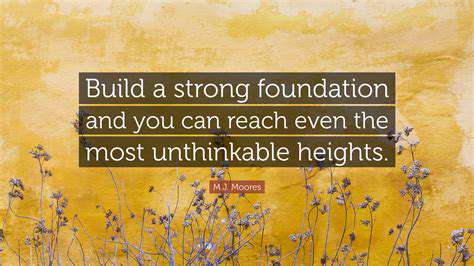
Laying the Groundwork for Success
Effective transformation requires meticulous preparation, much like architects investing disproportionate time in blueprints before construction. The invisible work of clarifying intentions and anticipating challenges often determines eventual outcomes more than visible effort. This preparatory phase separates wishful thinking from actionable strategy.
Seasoned change-makers understand that robust systems outperform sheer willpower. By establishing supportive structures and accountability mechanisms upfront, we create environments where success becomes the path of least resistance rather than constant uphill battle.
Defining Clear Objectives
Precision in goal-setting acts as a psychological GPS. Rather than vague aspirations like be happier, we might specify practice gratitude journaling before breakfast three times weekly. Such concrete formulations trigger our brain's problem-solving capacities, automatically generating implementation pathways.
Identifying Essential Resources
Strategic success involves honest resource auditing - not just material assets but cognitive and emotional capital. Recognizing our personal toolkit of transferable skills builds confidence, while identifying gaps allows for targeted development or strategic partnerships.
Cultivating a Growth Mindset
The most transformative mindset shift involves redefining failure as data collection. Each setback becomes a diagnostic tool revealing necessary adjustments. This experimental approach removes the stigma from mistakes, transforming them into valuable feedback loops.
Building Strong Relationships
Human connections serve as both safety nets and springboards. The most effective networks aren't necessarily largest, but most reciprocal - relationships where support flows both directions. Such mutual investment creates durable bonds that withstand professional challenges.
Adapting to Change and Uncertainty
Resilience resembles bamboo more than oak - the ability to bend without breaking. Developing anticipatory flexibility - mentally rehearsing various scenarios - builds adaptive capacity before crises strike.
Maintaining a Positive Mindset
Positivity in this context isn't Pollyannaish denial but strategic focus. Like a photographer choosing lenses, we can select mental frames that highlight opportunities within challenges. This selective attention becomes self-fulfilling prophecy, revealing previously overlooked pathways forward.
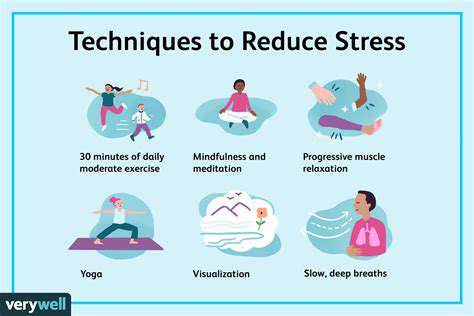
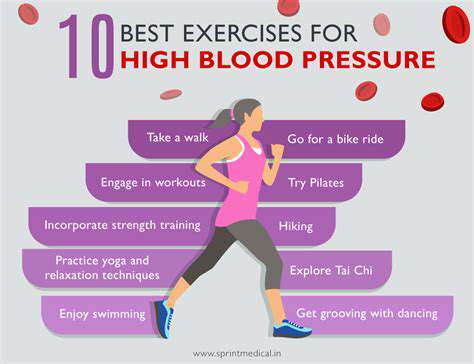
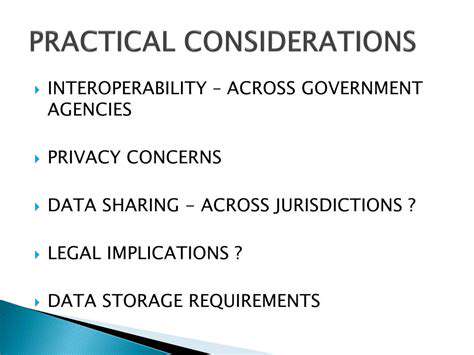

![What is the Mediterranean DASH Diet? [Benefits & How To]](/static/images/26/2025-05/MakingtheMediterranean-DASHDietaSustainableLifestyle.jpg)
